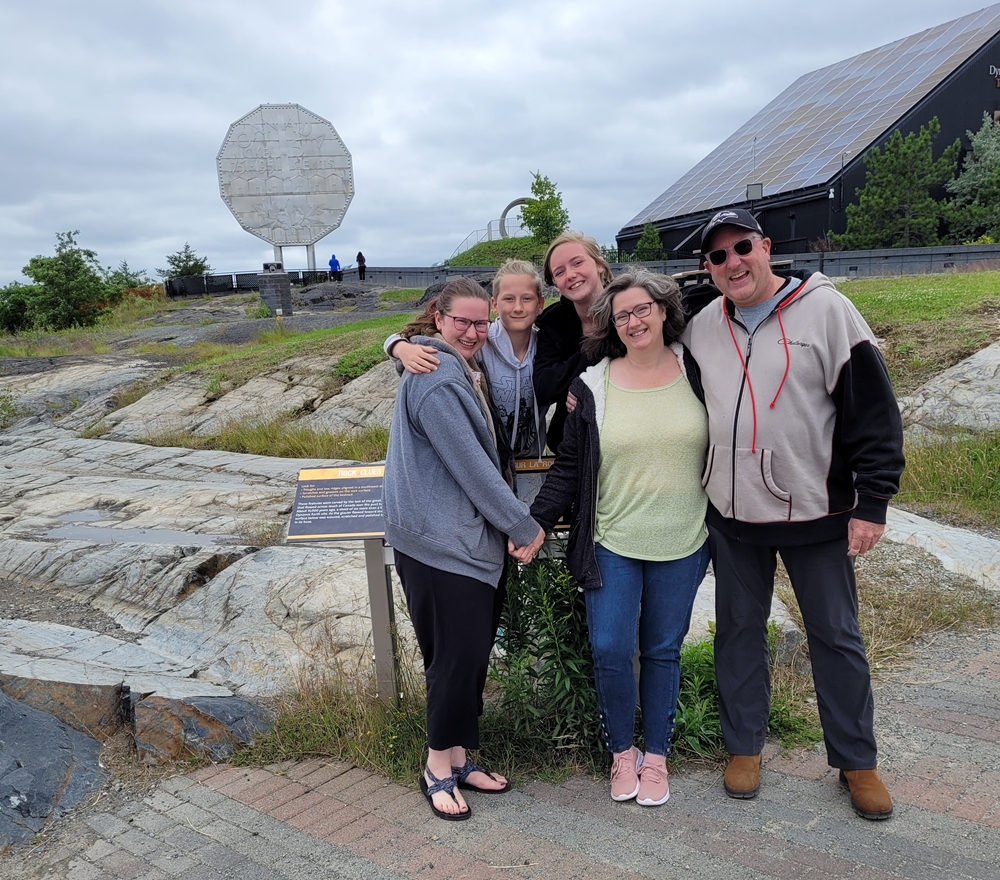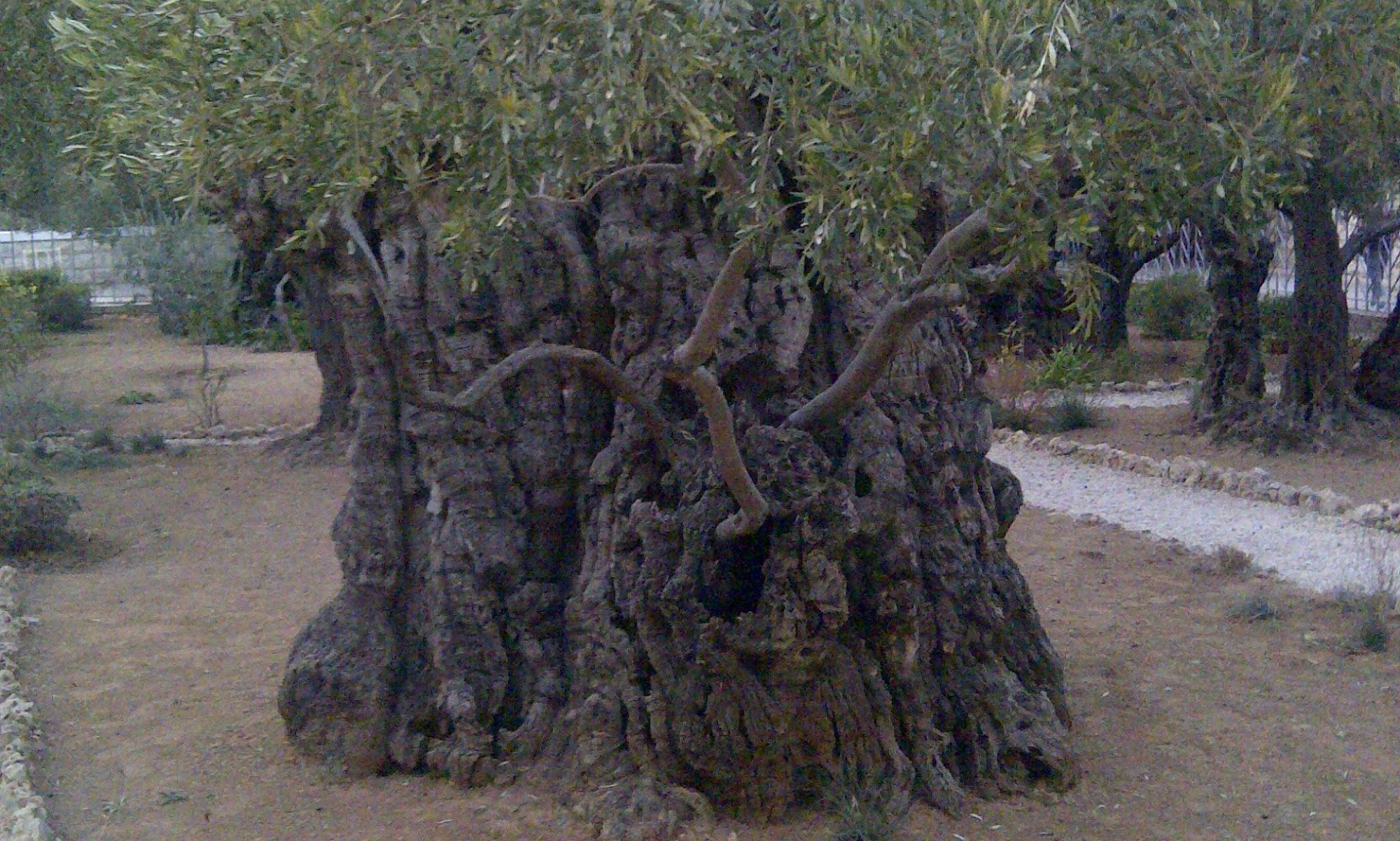On this second Christmas season in the pandemic, we had hoped for a gathering of my family. But circumstances related to the COVID restrictions and personal cautions have meant that is not going to happen.
But that does not need to prevent us from embracing the celebration of the birth that signifies the Divine Presence among humanity. Granted, the tradition of gathering as family and friends for this celebration helps to reinforce that significance. But technology (Zoom) has allowed us to do that virtually through these 20 plus months of the pandemic perhaps more often than usual. I am wondering if the virtual gathering is reflective of a universe in which our real connection with one another and with God is through the Spirit. Certainly, the connection I feel at this time with friends and family that I have not seen for several or many years is still real. I hope the feeling is mutual.
During this past year, I have not travelled. We have not had the annual national Gatherings of the UNJPPI Network. Yet I continue to help connect the network by managing the email and website. I am the President of the Chatham Lions Club again, and we have been meeting virtually but trying to be active in service to the local community.
The Blenheim United Church opted to sell the building just before the pandemic, so we have been meeting on Zoom. The decision was made to seek amalgamation with one of the surrounding rural churches that still have a building, but that decision has been delayed by the pandemic. I have not been assisting with leading worship for the church since 2020.
The grandchildren continue to impress me with their maturity and talents. Gabriella has graduated from high school and is working while she explores future opportunities. Aurora is completing grade 12 while working part-time in a florist shop. Jasper Addison will complete grade 8 in 2022 while continuing with his dance group. While COVID-19 has halted the theatre performances, I have hopes of seeing them on stage again.
The limited travelling which I did this past summer was with my family. I joined Fern and Willow as they performed on fiddle and banjo at the Farmer’s Market in Alliston. I was then honoured by their overnight visit with Chris and their dog Chase as they stopped on their way to Florida in early December where Fern and Chase planned to display their skills as a team at a dog show.
The few days I spent camping near Sudbury this past summer with Suu and my family was a pleasant reminder of the many camping experiences we had as a family. It helped to confirm my decision to sell the camper in the spring as I am finding it difficult to manage it on my own.
As you gather with family, whether in person or virtually, may God’s gift of love and peace proclaimed in the holy birth fill your life.
Curtis Marwood (curtism@cmarwood.ca)



